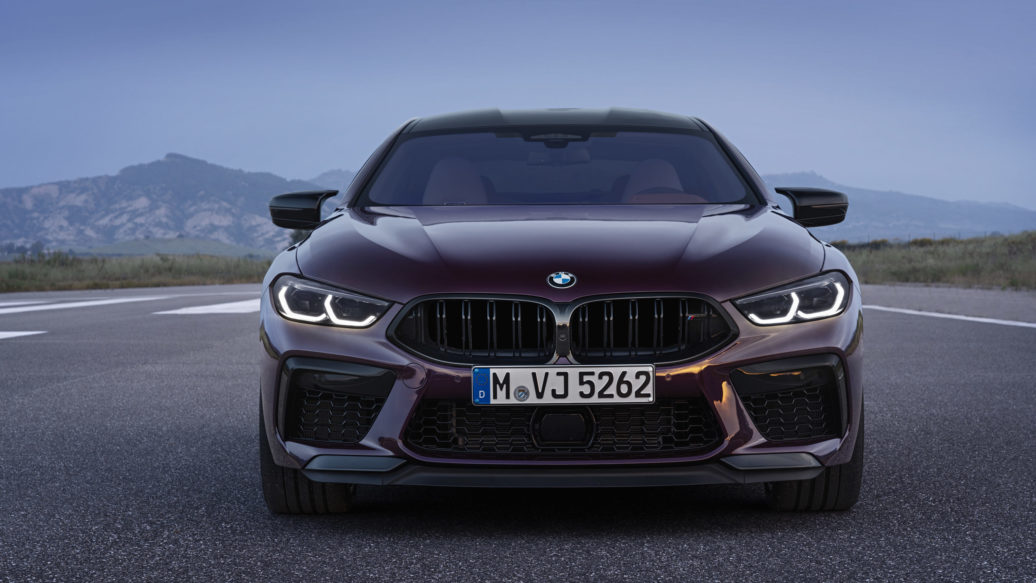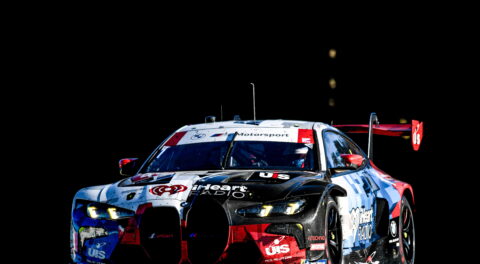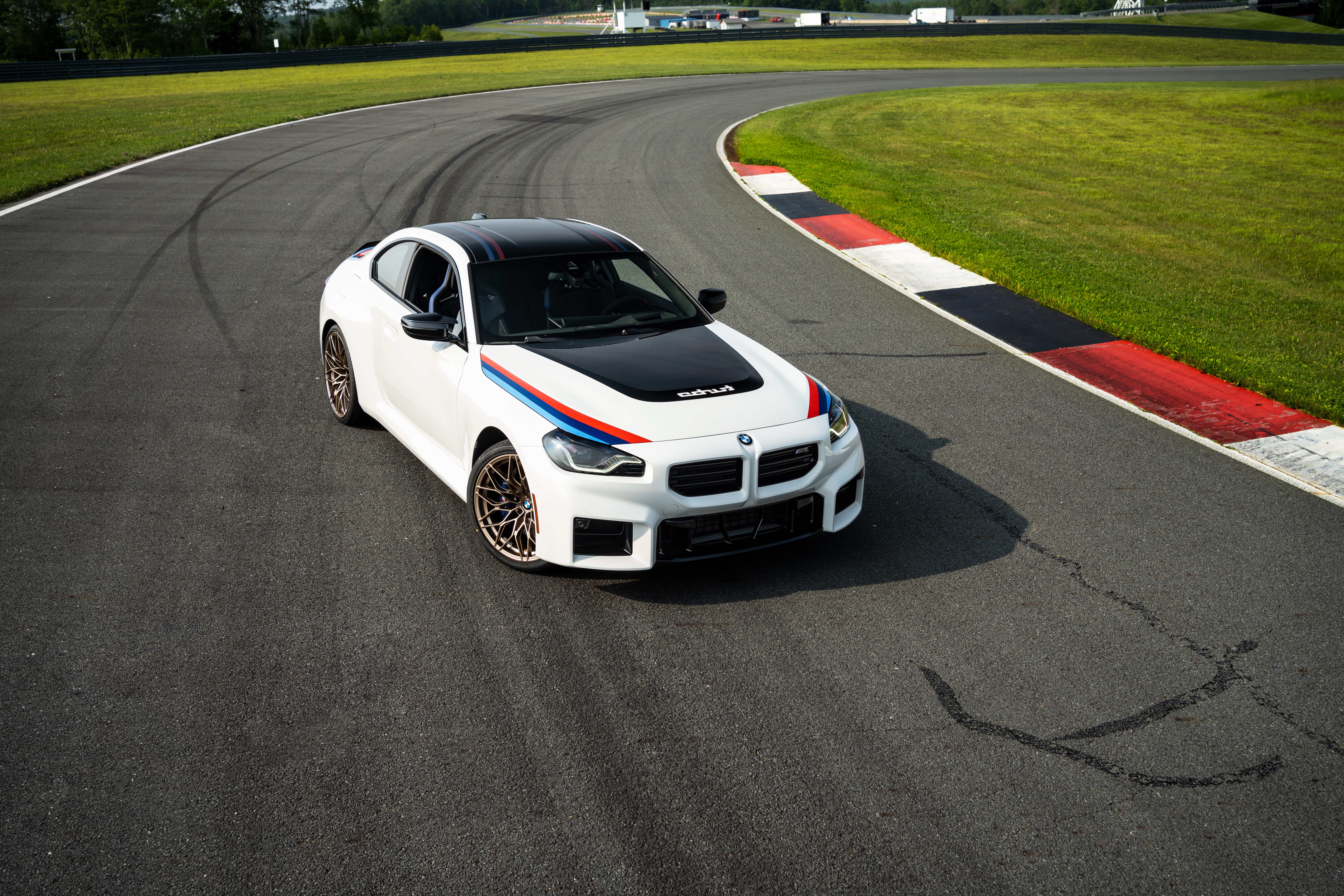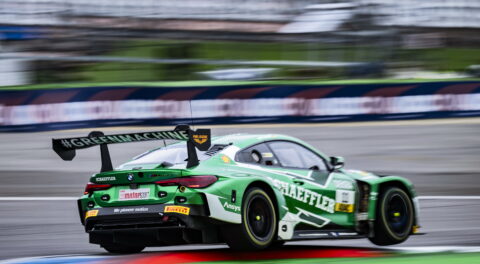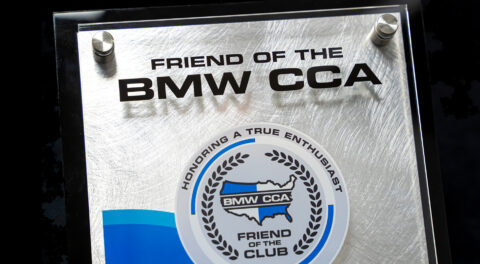BMW has released its global sales figures for 2020, and despite overall deliveries declining during what was a challenging year, sales of BMW M models continued to expand. Deliveries of BMW M models grew 5.9% from 2019’s record total of 135,289 units to 144,218 in 2020. BMW didn’t report M car sales performance during the first three quarters of 2020, but for the fourth quarter, deliveries totaled 43,568, a year-over-year increase of 6.2%. It’s important to note that, as with the last few years, these figures include both full M models such as the M3, M5, X3 M and X5 M, in addition to their M Performance stablemates, like the M340i, M550i, X3 M40i, and X5 M50i, for example.
The impressive performance during an otherwise down year was also enough to best the likes of perennial rival Mercedes-AMG, which delivered 125,129 vehicles during 2020, a decrease of 5.3%.
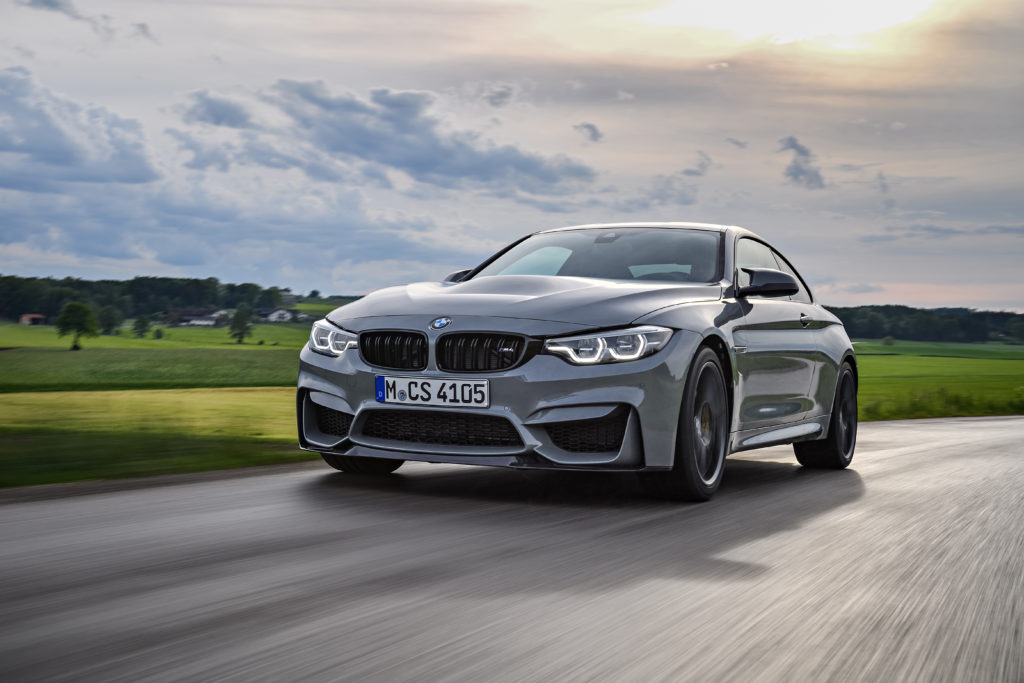
BMW is largely attributing record BMW M sales in 2020 to models from the X range, including the X6 M50i, among others. As is detailed in our breakdown of BMW NA’s 2020 performance, BMW’s X portfolio from the X1 through the X7 accounted for 60% of deliveries last year, and the same may soon be true of BMW M. Back in 2009, BMW M embraced the high-performance utility vehicle realm with the X5 M and subsequent X6 M. A decade later in 2019, the X3 and X4 were added to the M portfolio, two models which have inarguably helped to grow the presence of BMW’s performance sub-brand on streets around the world.
This year, the M model portfolio is in a state of transition, with the new G80 M3 and G82 M4 and their controversial styling joining the lineup. If you can manage to look beyond their bold new design though, you’ll find that they’re elevating the M3 and M4 nameplate in terms of performance. The new M3 and M4 are set to follow in the footsteps of the F90 M5, with M xDrive joining the option list for automatic competition package cars, a move that will, without question, make them faster.
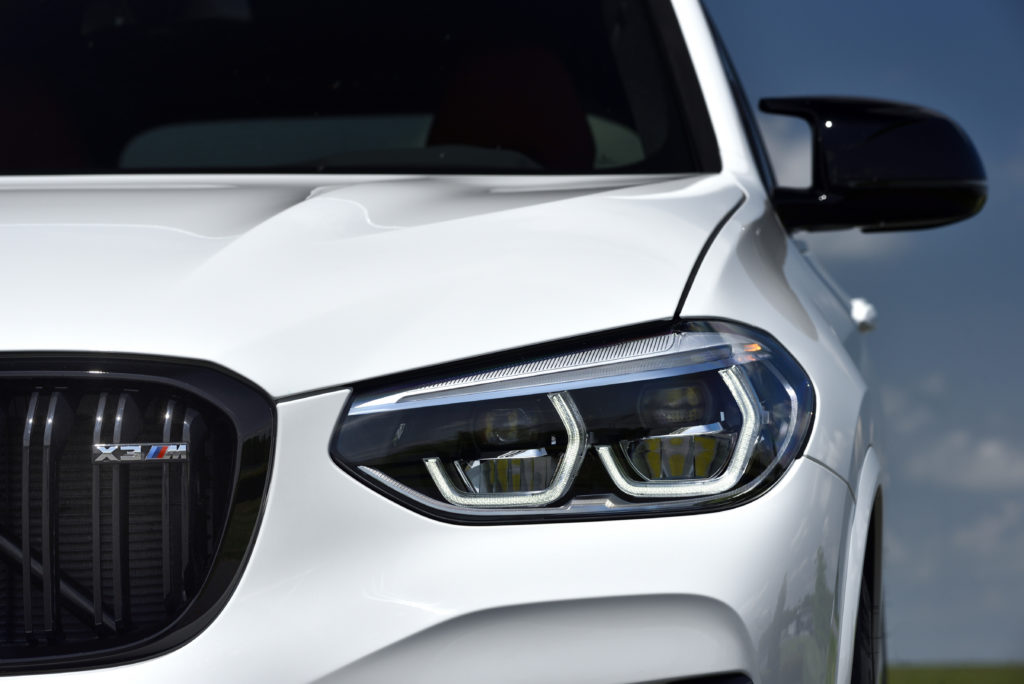
Sales of BMW Group vehicles with electric drivetrains also grew by an impressive 31.8%, with deliveries adding up to 192,646 for 2020. The results affirm BMW’s commitment to an electrified future, and were consistent throughout 2020, including the first half of the year, when a substantial portion of the world was placed on lockdown. BMW Group Electrified sales, a term which encompasses Mini, were particularly strong during the fourth quarter, with 76,246 unit deliveries translating to a 55% year-over-year gain.
Looking at things in greater detail, sales of fully-electric BMW vehicles grew 13%, while hybrid sales expanded 40%. In Europe, BMW Group Electrified sales were responsible for 15% of total volume. Last year, BMW added two EVs to the lineup, in the form of the iX3 and the Mini SE. In 2021, production of the BMW i4 and iX is scheduled to commence in Munich and Dingolfing.—Alex Tock
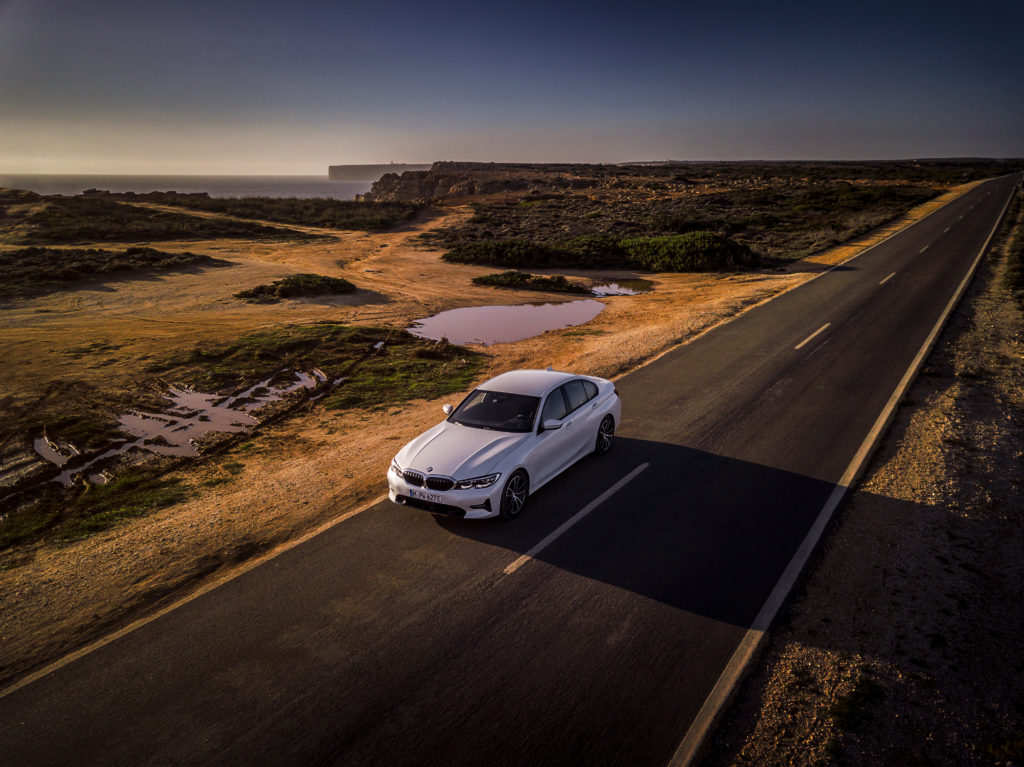
[Photos courtesy BMW AG.]

